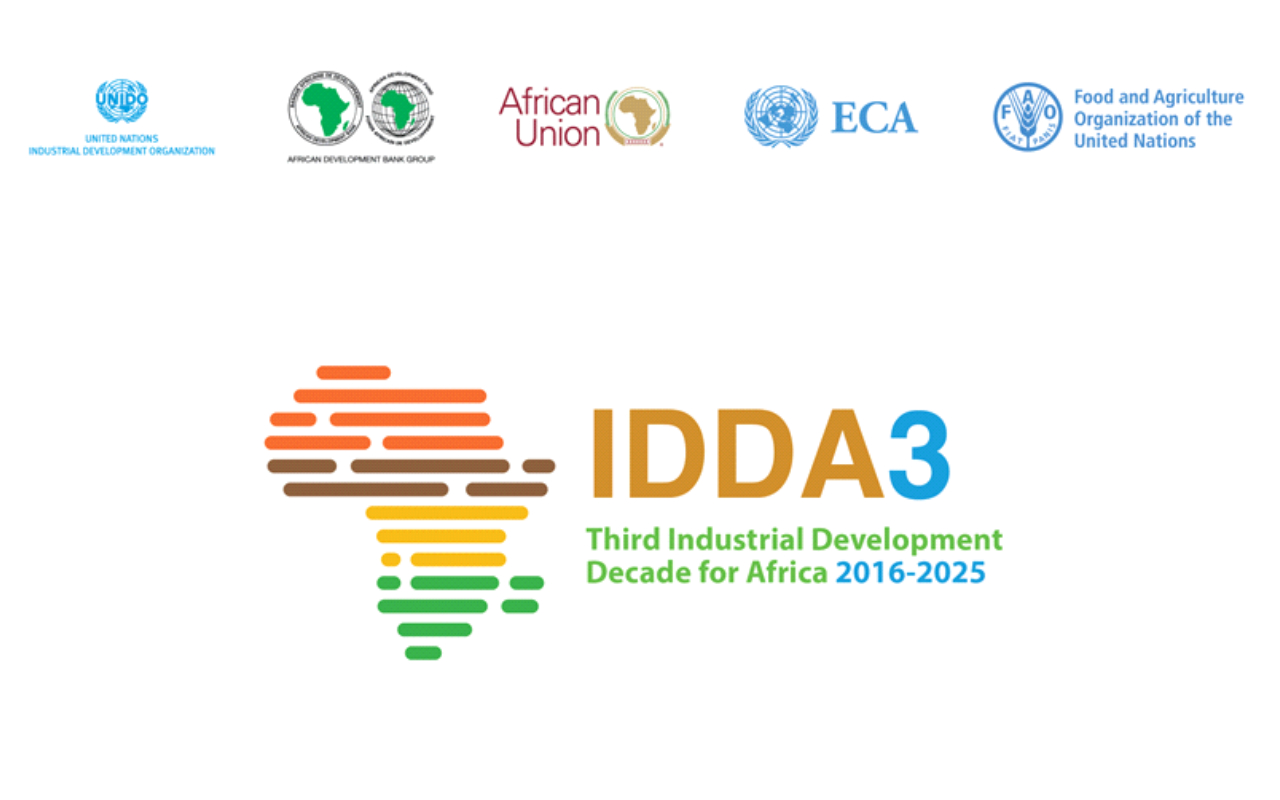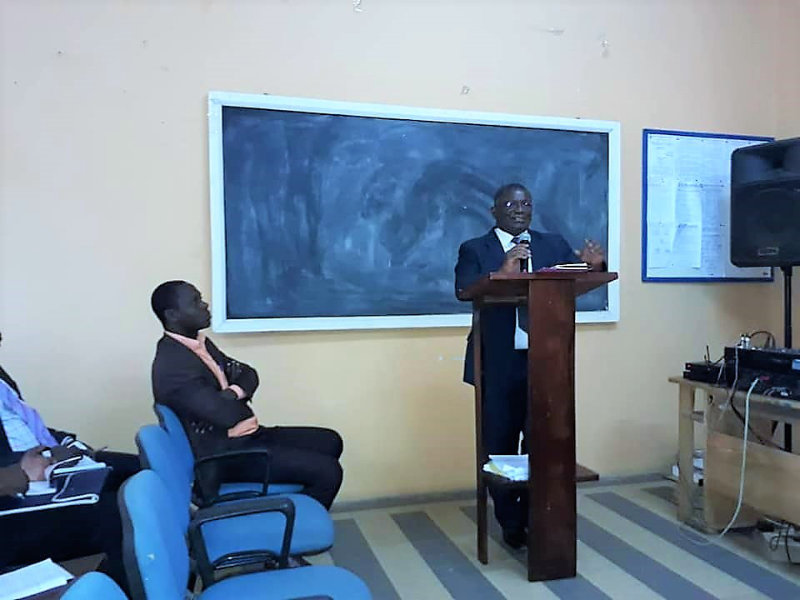[vc_row][vc_column width= »1/4″][/vc_column][vc_column width= »1/4″][vc_single_image image= »36106″ img_size= »full » onclick= »custom_link » title= »TELECHARGER » link= »http://onudi.ci/wp-content/uploads/2018/11/FINAL_Advisory_AfricaDay_EIB_.pdf »][/vc_column][vc_column width= »1/4″][vc_single_image image= »36105″ img_size= »full » onclick= »custom_link » img_link_target= »_blank » title= »TELECHARGEZ » link= »http://onudi.ci/wp-content/uploads/2018/11/MEDIA-ADVISORY-AID-20-November.pdf »][/vc_column][vc_column width= »1/4″][/vc_column][/vc_row]
Enhancing global partnerships for IDDA III – Key for successful implementation of the African Continental Free Trade Area (AfCFTA)
[vc_row][vc_column][vc_column_text]
ENHANCING GLOBAL PARTNERSHIP FOR IDDA III – KEY FOR SUCCESSFUL IMPLEMENTATION OF THE AFRICAN CONTINENTAL FREE TRADE AREA (AfCFTA)
26 SEPTEMBER 2018, NEW YORK, USA
[/vc_column_text][/vc_column][/vc_row][vc_row][vc_column][vc_column_text]HIGH-LEVEL EVENT IN NEW YORK 2018
ENHANCING GLOBAL PARTNERSHIP FOR IDDA III – KEY FOR SUCCESSFUL IMPLEMENTATION OF THE AFRICAN CONTINENTAL FREE TRADE AREA (AfCFTA)
NEW YORK, 26 SEPTEMBER 2018 | 7:30-10:00 AM
To further foster the implementation of the Third Industrial Development Decade for Africa (IDDA III), a high-level event will be held in New York on the margins of the 73rd Session of the United Nations General Assembly.
Placed under the theme “Enhancing global partnerships for IDDA III – Key for successful implementation of the African Continental Free Trade Area (AfCFTA)”, the event is organized by UNIDO together with the African Union Commission (AUC), the African Development Bank (AfDB), the United Nations Economic Commission for Africa (UNECA), and the Food and Agriculture Organization of the United Nations (FAO).
UNIDO Director General LI Yong will introduce the event, followed by a key message of the United Nations Deputy Secretary-General Ms. Amina J. Mohammed and remarks by H.E. Paul Kagame President of Rwanda in his capacity as the current AUC Chairperson.
Interactive discussions will be held around two themes: “Ushering in a new era of intra-African trade: Challenges and opportunities for African industrial growth” and “Strengthening the involvement of the international community in African industrialization following the launch of the AfCFTA”.
The interventions will focus on how inclusive and sustainable industrial development and the IDDA III initiative can support the implementation of the African Continental Free Trade Area through enhanced competitiveness at the industry and enterprise level, while providing a platform to reflect on innovative ways of leveraging global partnerships and mobilizing financial and non-financial resources for trade capacity building in Africa.
The high-level event is expected to bring together more than 100 high-level stakeholders, including Heads of States and high-level government representatives, representatives of the Regional Economic Communities (RECs), development financing institutions, UN agencies, bilateral partners, private sector, NGOs and academia.
Further Information:
IDDA III Initiative| High-level Event | Press Release (available as of 26 September 2018)
IDDA III Roadmap | IDDA III Resolution
KEY COMMUNICATION MESSAGES
- In the next few decades, Africa will become the youngest and most populous continent in the world with a working age population expected to grow by 450 million people – around 70 percent – by 2035.
- Job creation in Africa has not kept pace with the growing workforce, and the rural population, the urban poor, women and youth have not yet benefited from economic growth. Africa has a great opportunity to reduce poverty and inequality and create jobs for young people.
- The AfCFTA provides a chance for African countries to move away from resource-dependence and transform into dynamically diversified economies and competitive industrial production locations.
- AfCFTA has the potential to be the world’s largest free trade area with a market covering 1.2 billion people and a combined GDP of over USD 3.5 trillion.
- Intra-African trade as a share of total African trade was 15.3 per cent in 2015, whereas, for example, trade among developing economies in Eastern Asia as a share of the total was 32.1 per cent. Eliminating import duties can boost intra-African trade by an estimated 53.2 per cent by 2020, which could also be doubled if non-tariff barriers are reduced.
- Following the launch of the AfCFTA, Africa’s industrial development will depend on effective Governments, investors, the United Nations family, development finance institutions, the private sector and civil society must redouble efforts to work together for Africa’s industrialization.
- The Programme for Country Partnership (PCP) is a multi-stakeholder partnership model led by the respective governments and aligned with their own development agenda, synchronizing development efforts and interventions by governments and partners, and mobilizes large-scale resources to accelerate industrialization and achieve greater development impact.
- UNIDO has developed a comprehensive programme to help developing countries and economies in transition to overcome the shortcomings of their standards and conformity infrastructure.
Further Information:
SOCIAL MEDIA ACCOUNTS
| UNIDO: www.facebook.com/UNIDO.HQ/
AfDB: www.facebook.com/AfDBGroup/ AUC: www.facebook.com/AfricanUnionCommission/ |
|
|
UNIDO: www.twitter.com/UNIDO AfDB: www.twitter.com/AfDB_Group AUC: www.twitter.com/_AfricanUnion UNECA: www.twitter.com/ECA_OFFICIAL |
|
|
UNIDO: www.linkedin.com/company/unido/ AfDB: www.linkedin.com/company/african-development-bank/ AUC: https://at.linkedin.com/company/african-union-commission-addis-ababa UNECA: www.linkedin.com/company/united-nations-economic-commission-for-africa/ FAO: www.linkedin.com/company/fao/
|
|
| UNIDO: www.instagram.com/unido_newsroom/ | |
| UNIDO: @联合国⼯工业发展组织 | |
| UNIDO: @UNIDO_ |
ANNEX I
OPINION ARTICLE BY THE DIRECTOR GENERAL
“Seize the opportunity offered by Africa’s continental free trade area”
Since the turn of the millennium, Africa has experienced a steady and unprecedented economic growth.
However, poverty continues for people across the continent, especially in the sub-Saharan region. Unemployment and inequality have remained high. The rural population and the urban poor, women and youth, have not benefited from economic growth.
African policymakers realize that, for the benefits of growth to be shared by all, there needs to be a structural transformation of the economy. Specifically, there is an acknowledgement that its composition should change, with increased shares of manufacturing and agro-related industry in national investment, output, and trade.
Manufacturing, thanks to its multiplier effect on other sectors of the economy, has always been one of the most important drivers of economic development and structural change, especially in developing countries. Manufacturing is an « engine of growth » that enhances higher levels of productivity and greater technical change, thus creating more jobs with higher wages for both women and men.
Recognizing this, the United Nations has proclaimed the period 2016-2025 as the Third Industrial Development Decade for Africa (IDDA III) in order to increase global awareness and encourage partnerships to achieve inclusive and sustainable industrialization.
Today, Africa has exceptional opportunities for industrialization.
In the next few decades, Africa will become the youngest and most populous continent in the world with a working age population expected to grow by 450 million people. or close to 70 per cent of the total, by 2035.
With a rapidly growing population, and one of the world’s highest rates of urbanization, the middle class is on the rise too. This will drive consumption of consumer goods, creating a market worth USD 250 billion, set to grow at an annual rate of 5 per cent over the next eight years.
Industrialization, diversification and job creation in Africa, however, cannot happen without continental economic integration. The recent signing of the historic agreement for an African Continental Free Trade Area (AfCFTA) by 49 out of 55 countries creates an opportunity for inclusive and sustainable economic development, moving away from structural stagnation and commodity-based economics. The AfCFTA agreement will create the world’s largest single, integrated market for goods and services, and a customs union that will enable free movement of capital and business travelers in Africa.
This will provide great business opportunities for trading enterprises, businesses and consumers, unlocking trade and manufacturing potential and further enhancing industrialization in Africa. With the AfCFTA agreement, exports of processed or intermediate goods will increase rapidly, further opening the way to Africa’s economic transformation to dynamically-diversified economies and globally competitive industrial production locations.
Higher trade among African countries will also strengthen African regional value chains, making it easier for local small and medium-sized enterprises, which account for around 80 per cent of Africa’s businesses, to build competitiveness, supply inputs to larger regional companies, and participate in and upgrade to global value chains.
This will give unprecedented opportunities to exploit the full agri-business potential of the continent. Strengthening the continent’s agro-industries can generate high social and economic returns, create jobs in rural areas and for young women and men, as well as responding to the urgent need to ensure food security and poverty reduction.
By taking bold actions in advancing the agenda of the AfCFTA, using it as one of the best means of promoting industrialization, African countries are well-positioned to build an Africa that can become a strong link in today’s interdependent global economy.
Structural transformation, however, is never automatic. Political goodwill and commitments are a first important step; but a multi-pronged, action-based approach with partnerships at the heart, along with concrete industrial policies, is needed for this to become a reality.
That is why UNIDO has developed an innovative country-owned, multi-stakeholder partnership model to provide governments with a platform to bring together various stakeholders, including development finance institutions and the private sector, to mobilize large-scale resources, accelerate industrialization and achieve a greater development impact.
Using this Programme for Country Partnership (PCP) approach, and helping governments to identify priority sectors based on prospects for job creation, strong links to the agricultural sector, high export potential and capacity to attract investment, UNIDO has already started assisting Ethiopia, Senegal, Morocco and other countries in Asia and Latin America in achieving their export goals and enabling the manufacturing sector to compete on the increasingly globalized market.
Now more than ever, such innovative schemes and mechanisms for enabling partnership building and resource mobilization for sustainable industrial development are needed to address the urgent need for structural transformation in Africa and seize the opportunities offered by the AfCFTA.
LI Yong
Director General
United Nations Industrial Development Organization (UNIDO)
Further information:
LI Yong’s biography and official portrait
For more Information, please contact us:
Claudia Groessing
Coordination of IDDA III Advocacy and Promotional Campaign,
Advocacy and Media Relations Division
Email: c.groessing@unido.org
Phone: +43-1-26026-4016
Vincent Fournier
Coordination of IDDA III Advocacy and Promotional Campaign,
Advocacy and Media Relations Division
Email: f.vournier@unido.org
Phone: +43-1-26026-3429
[/vc_column_text][/vc_column][/vc_row]
Agenda
[vc_row][vc_column width= »2/3″][add_eventon show_et_ft_img= »yes » ft_event_priority= »yes » only_ft= »no » hide_past= »no » event_order= »DESC » event_count= »4″ etc_override= »yes » ux_val= »3″ evc_open= »no » jumper= »no » hide_so= »no »][/vc_column][vc_column width= »1/3″][/vc_column][/vc_row]
Atelier de formation à la gouvernance institutionnelle et à l’administration scolaire
[vc_row][vc_column width= »1/2″][vc_column_text]Sous financement de l’Union européenne, L’ONUDI organise depuis le lundi 27 Août 2018, au Collège d’Enseignement de Bouaké, un atelier de formation à la gouvernance institutionnelle et à l’administration scolaire des directeurs régionaux, des directeurs départementaux, des cadres de Direction de la Formation professionnelle Initiale et de l’Institut Pédagogique National de l’Enseignement Technique et Professionnel.
[/vc_column_text][dt_media_gallery_carousel image_border_radius= »0px » project_icon_border_width= »0px » arrow_bg_width= »36x » arrow_border_width= »0px » r_arrow_icon_paddings= »0px 0px 0px 0px » r_arrow_v_offset= »0px » l_arrow_icon_paddings= »0px 0px 0px 0px » l_arrow_v_offset= »0px » include= »36143,36142″][/vc_column][vc_column width= »1/2″][dt_fancy_image image_id= »36144″][/vc_column][/vc_row]


